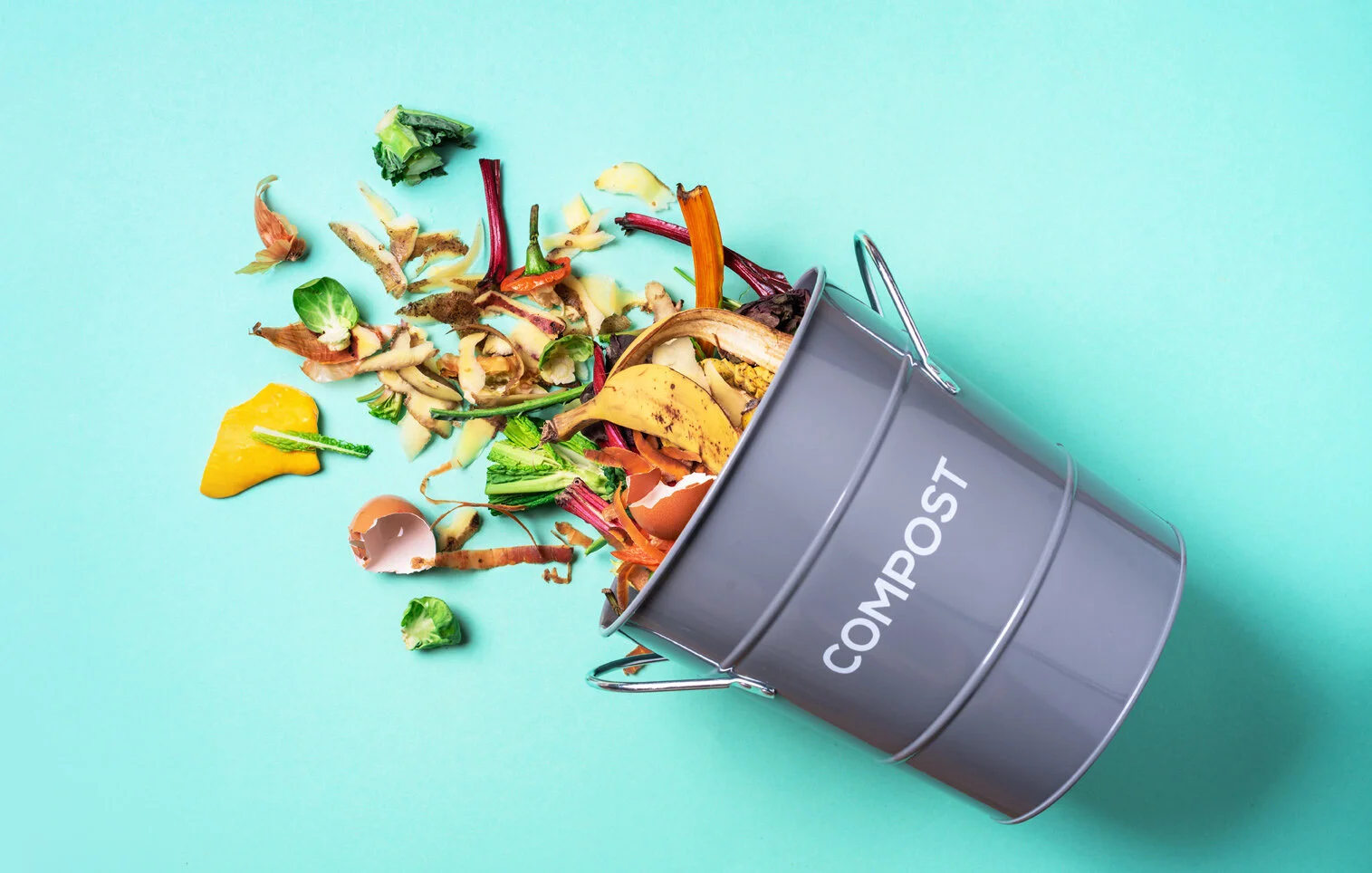This past March, my husband and I had the good fortune to visit the Fashion for Good Museum in Amsterdam, the Netherlands—an interactive museum that tells “the stories behind the clothes you wear and how your choices can have a positive impact on people and our planet.”
The health of the planet is top of mind for people in Amsterdam—something we learned almost as soon as we arrived, as the cab driver who took us from the airport to our hotel, driving a fully electric vehicle, mentioned the concern: Amsterdam is below sea level, likely to feel heavy impacts of climate change, and thus, a place that is working toward solutions and adaptations.






